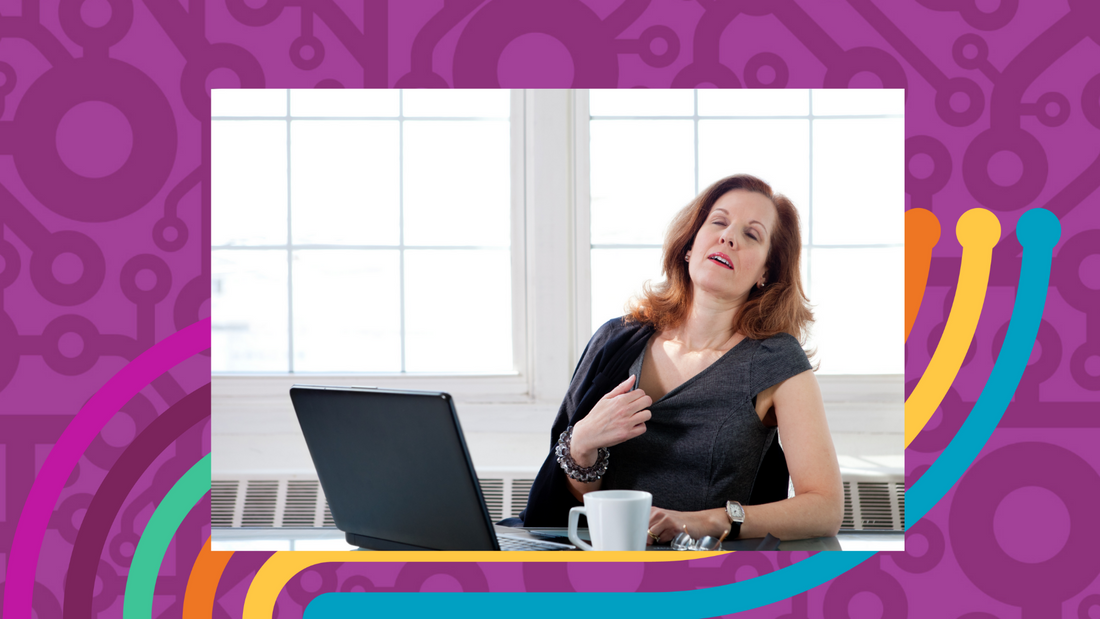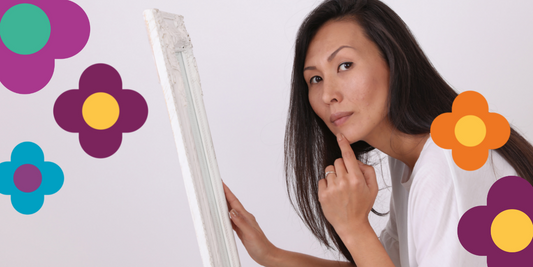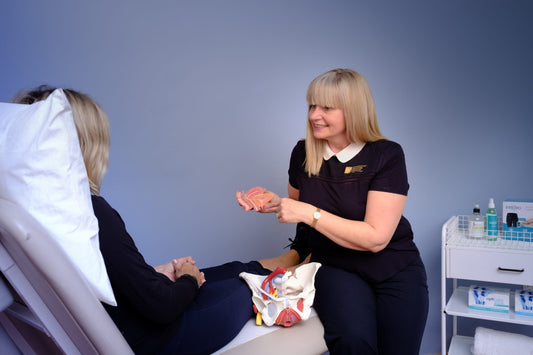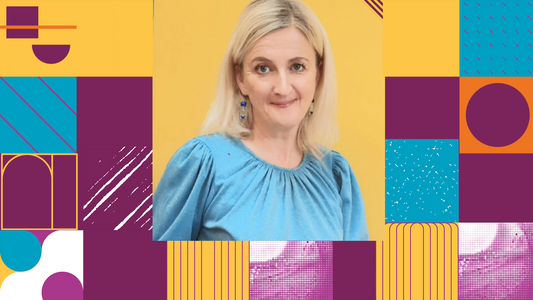There is still a stigma around menopause — and it’s clear that for many women, that stigma is most keenly felt at the workplace. If you’re struggling to cope with menopause at work, you are absolutely not alone.
Thousands of women struggle to cope with menopause at work
According to a 2021 survey of 5,000 women in five countries – the UK, Germany, Spain, Italy, and South Africa – a third of women who have suffered symptoms of the menopause say they hid them at work.
The women were interviewed about their experiences as part of research carried out by Vodafone to mark International Women’s Day.
Those who had symptoms before they were 45 were most likely to say they were too embarrassed to ask for support in the workplace. In the UK, 63% of adults under the age of 44 said they had avoided asking for help.
How businesses and employers can help support women through menopause
In recent years, more businesses have begun to introduce policies to help women who are suffering from menopausal symptoms. In 2020, Channel 4 announced it would introduce flexible working arrangements and a private, cool, and quiet workspace women experiencing menopause could use when needed.
Still, this workplace innovation is the exception not the rule. Vodafone said it believed about 15,000 of its 100,000 employees are currently experiencing the menopause, and that it was making a “global commitment” to support them.
We need more of this from more companies.
Vodafone has gone further too: it will be offering training and awareness programmes to employees, while webinars have been held to discuss “hormonal health and life stages”.
Anne O’Leary, CEO of Vodafone Ireland, highlighted in April 2021: “Menopause is still a taboo subject and is rarely talked about in wider conversations about employee health and wellbeing.”
She also explained: “To ensure that all Vodafone employees feel comfortable seeking support, Vodafone’s menopause commitment will introduce a balance of support and assistance, training and awareness to all employees.
“Typically, menopause affects women between the ages of 45 and 55 and we want to be able to support our people so they can reach their full career potential.”
Specifically at Vodafone Ireland, staff can avail of leave for sickness and medical treatment, flexible working hours, and an employee assistance programme.
Globally, Vodafone has set a goal of women holding 40% of management and leadership roles by 2030 and said this was already reflected at board level. Globally, women currently hold more than 31% of its management and leadership roles.













